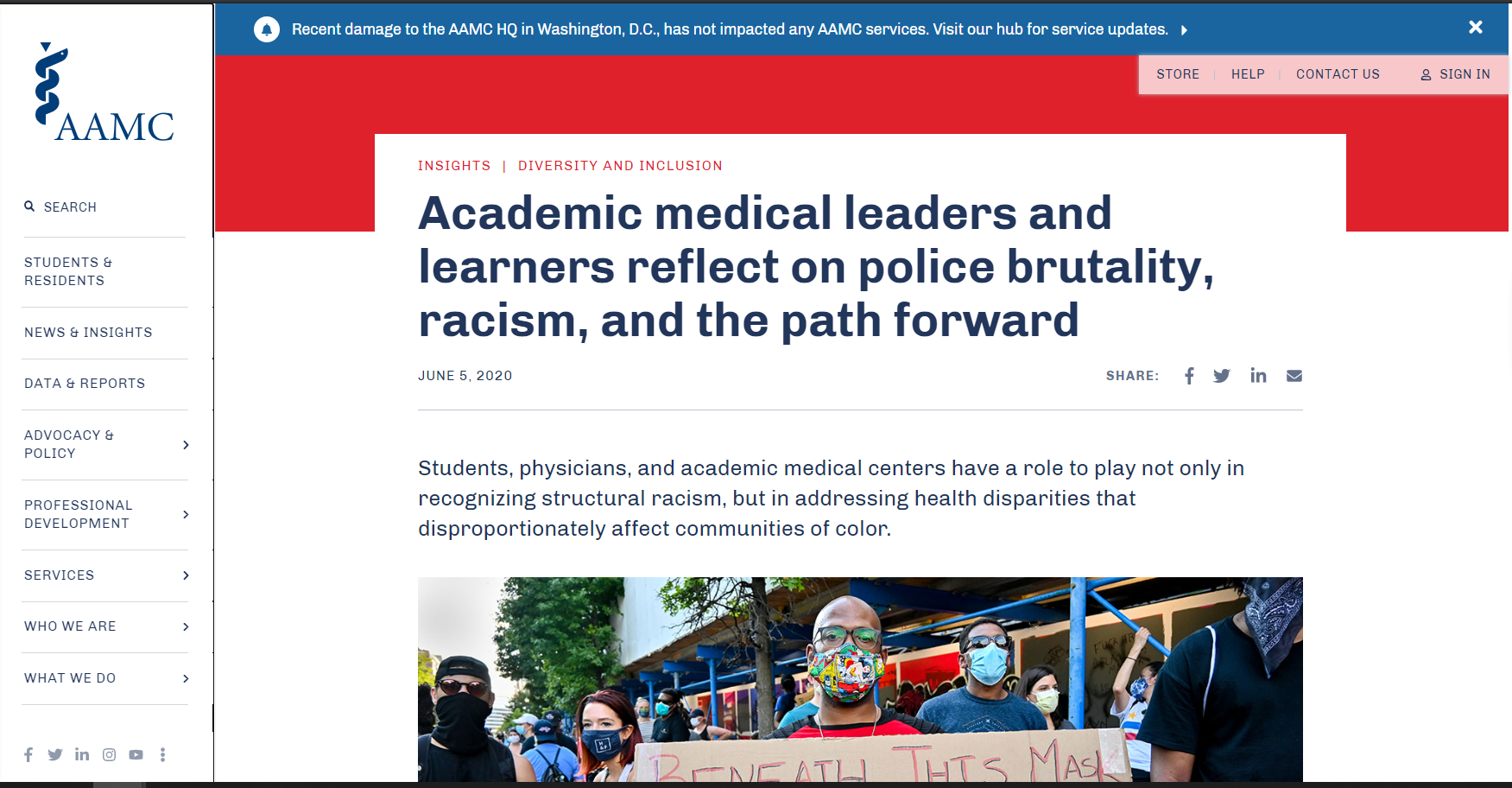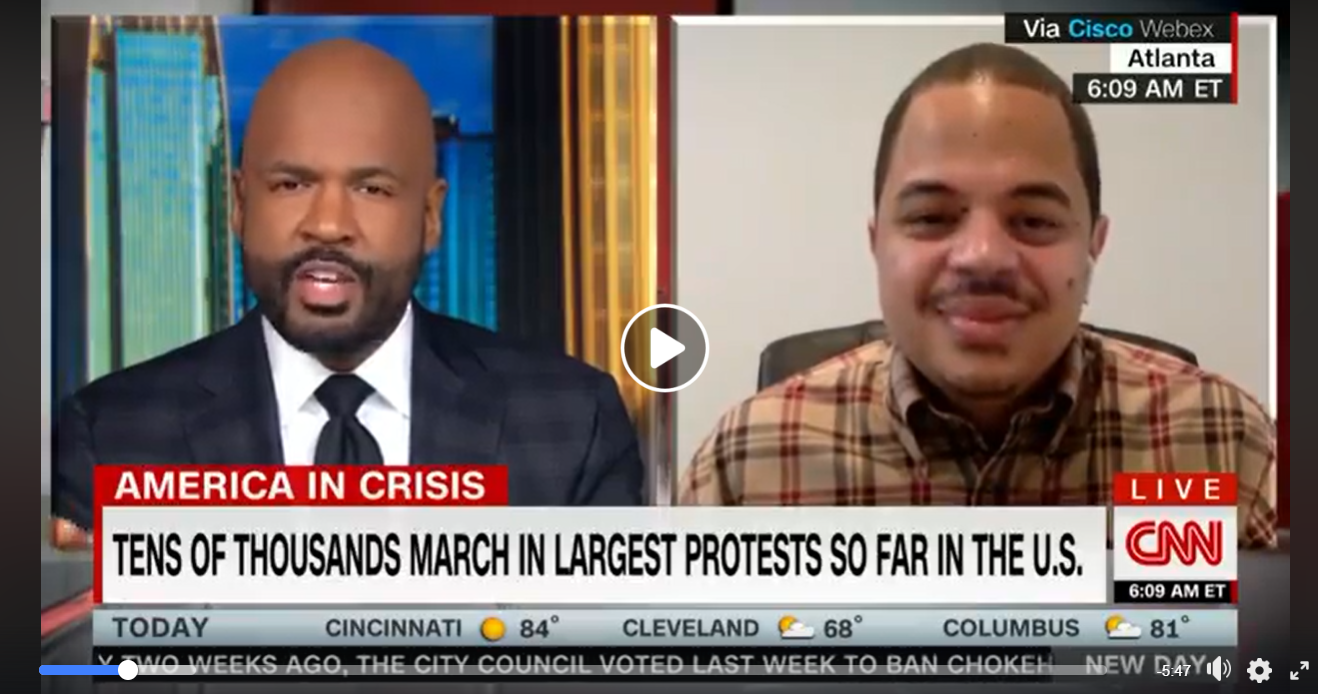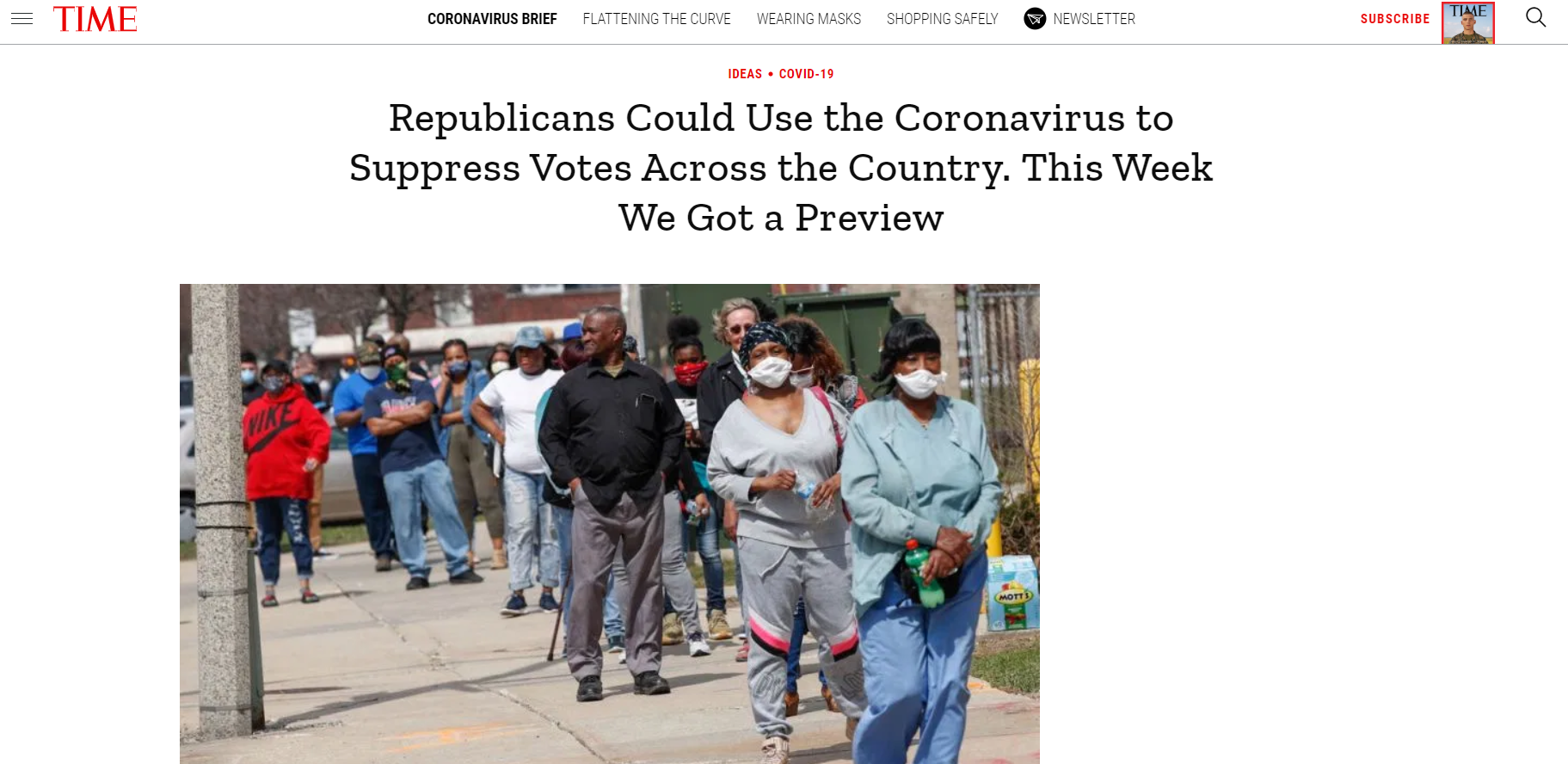Deborah E. Lipstadt, Dorot Professor of Modern Jewish History and Holocaust Studies and associated faculty in the History Department, was recently quoted in an article in The New York Times titled “Israel’s Pick to Head Holocaust Memorial Stirs International Uproar.” In the piece, Lipstadt condemns the nomination of Effie Eitam, a retired general and far-right politician, to head Irael’s official Holocaust memorial, the Yad Vashem. Read an excerpt of the piece below along with the full article.
“This is more than a colossal mistake — it’s a tragedy,” said Deborah E. Lipstadt, a professor of modern Jewish history and Holocaust studies at Emory University in Atlanta who has written several books on the subject. “Appointing Eitam to this position would be a blot on Yad Vashem’s reputation and Yad Vashem’s record.”



